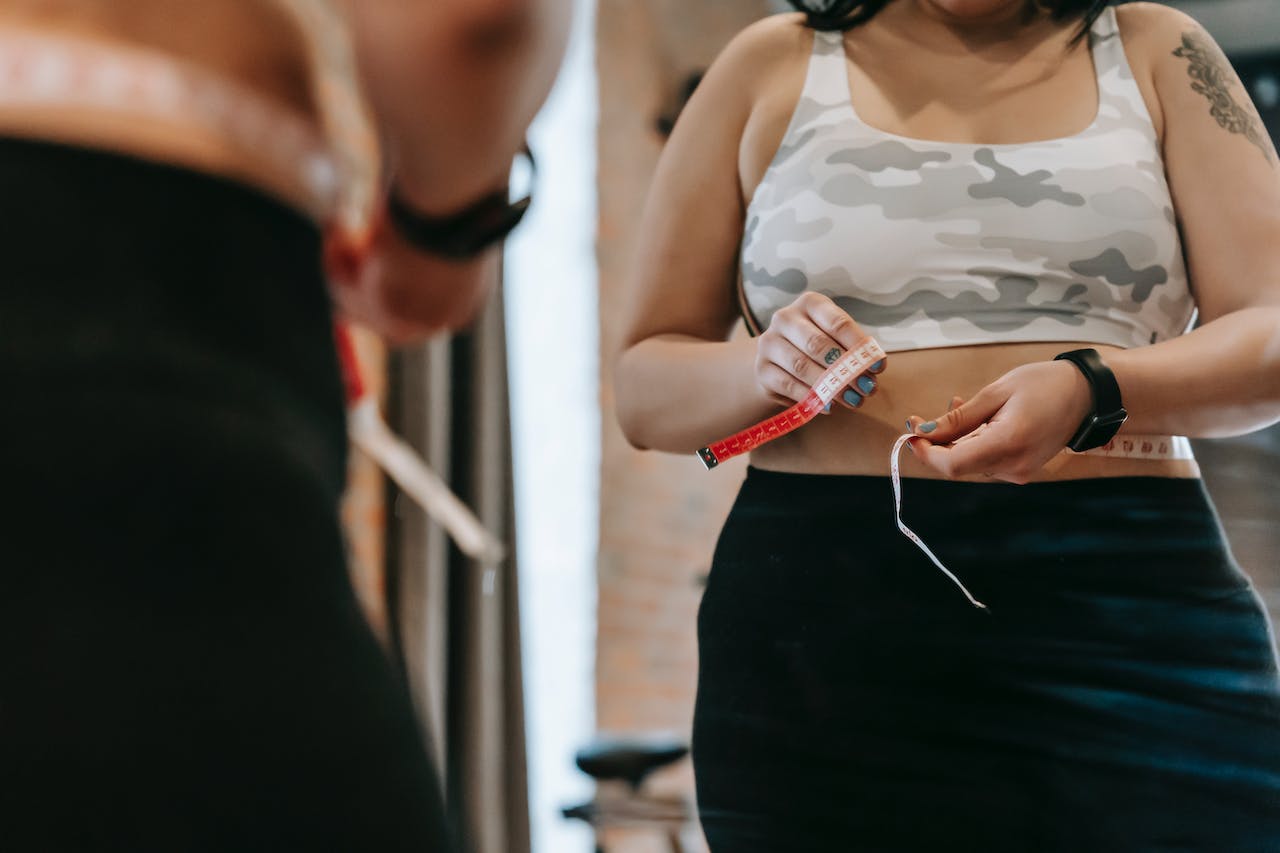
Three Key Factors in Your Weight Loss Journey
Two areas everyone should focus on when trying to drop body fat are their nutrition and starting an exercise program. However, there are other factors at play in a weight loss journey that don’t get as much attention but can dramatically impact the results we see.
Stress
Stress might be one of the biggest factors holding you back from your goals on your weight loss journey. It can impact your metabolism, and ability to sleep (more on this later). Also, it can irritate your digestive system.
While stress does create a hyper-stimulated response in our body which can lead to higher metabolic activity (burning more calories), this will commonly lead you to feeling more worn down and hungrier. Most people will use high-calorie foods as a way to comfort themselves, fuel themselves, and reduce stress.
To help manage stress, make a list of things that you can use to unwind during times of high stress in advance. Taking baths, meditating, journaling, going for a walk, talking with a friend, or reading a book can all be different, healthy ways to manage stress. Find something that works well for you.
Sleep
Similar to stress, sleep can have a massive effect on our metabolism and hunger. A lack of sleep spikes the hunger hormone Ghrelin and decreases Leptin, which makes you feel full. This can lead you to overindulge in foods and make it harder to stick with your diet.
Lack of sleep doesn’t only affect the hunger side of things. It also reduces the effectiveness of our workouts as well. While resistance training will cause microtears in our muscles, we need adequate rest to ensure we are recovering properly and building new tissue. Most of this happens while we sleep, and our body is at rest. This is when our growth hormone is naturally at its highest. But, if we are lacking in quality or quantity of sleep we miss out on the full effects of our workout.
To ensure you’re getting a great night’s sleep, try avoiding high-stress situations before bed. Also, do not take caffeine in within 6 hours of bedtime, reduce screen time before bed, and create a nighttime routine to help your body settle down for sleep.
Steps
Working out for an hour a day isn’t enough to make huge changes in our weight. There are 23 more hours in a day, and if we are locked in at our desk, or on a couch watching TV we aren’t going to see the changes we want to. We want to include more low-intensity exercise in our day-to-day lives to truly see a difference in our waistline.
While there isn’t a proven one-size-fits-all number of steps people should hit in a day, I typically recommend aiming for 8000-10,000 steps per day.
The easiest way to implement this is by seeing where you are right now on a weekly basis, and then trying to add 10% more steps for the next two weeks. After that, we want to add another 10% and repeat the process until we can get to the threshold we are looking for. I like focusing on weekly rather than daily, as every day is a bit different. We want to play the long game here, not just the short term.
It can be difficult to get steps in, especially in the winter, but some easy ways to increase your steps include:
- going for a 10-minute walk after meals
- parking further away from work/stores
- taking the stairs over elevators
- pace around when on the phone
Some days will be higher than others, but the average is what matters.
Bonus: Sugar vs Fibre Intake
If you just look at macronutrients and calories consumed, this aspect can easily get overlooked. However, if we are looking to drop body fat, we should be looking at increasing our fibre intake and decreasing overall sugar.
When I say decrease sugar, I’m not talking about cutting our fruit or carrots because they are high in sugar, I’m talking about refined, processed sugar you find in chocolate bars, ice cream, and other sweets. You can absolutely enjoy these once and awhile, but we should be focusing on whole grains, vegetables, fruits, nuts, seeds, and legumes to help increase our overall fibre intake.
Fibre helps us regulate our blood sugar, can help reduce our cholesterol, and helps with our digestion. One of the biggest ways it helps us with weight loss however comes from the fact that it is both extremely filling, and fibre itself does not get absorbed by the body. So, while there are technically calories that come with fibre, you don’t actually intake them. This can allow us to eat more, feel satisfied, and maintain a caloric deficit.



